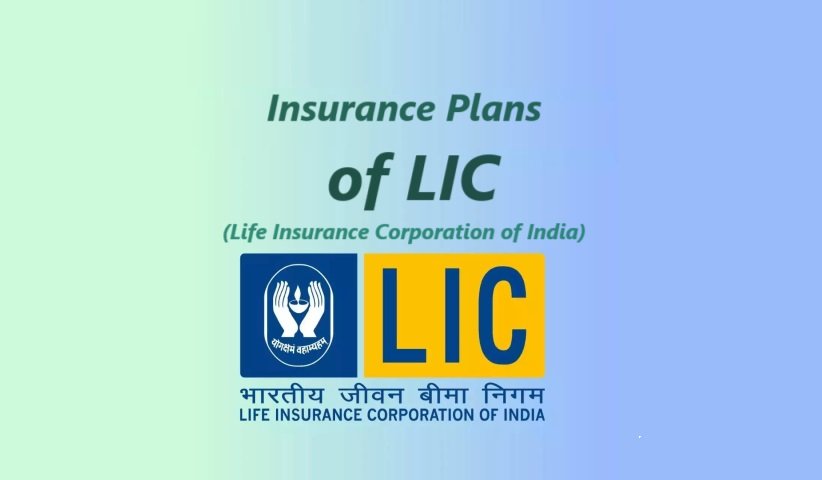Insurance for the Gig Economy: Protecting Yourself in a Changing World
In today’s ever-evolving job market, the gig economy is on the rise. More and more people are opting for freelance work or temporary gigs, enjoying the flexibility and freedom that comes with it. However, with this shift in employment patterns, traditional insurance models may not be sufficient to provide adequate protection for individuals in the gig economy.
Disclaimer: This blog is solely for educational purposes.
What is GIG Economy
The gig economy, also known as the “freelance economy,” “on-demand economy,” or “sharing economy,” refers to a labor market characterized by the prevalence of short-term, flexible jobs, often mediated by digital platforms. In the gig economy, individuals, often referred to as gig workers or freelancers, engage in temporary and flexible work arrangements rather than traditional long-term employment.
For more information about GIG Economy and their scope in India , please read this : https://atulgyan.com/the-scope-of-the-gig-economy-in-india-challenges-and-conclusion/
NITI Aayog today launched a report titled ‘India’s Booming Gig and Platform Economy. Read this report : https://pib.gov.in/PressReleasePage.aspx?PRID=1837277
Fortunately, innovative insurance solutions are emerging to address the unique needs of this growing workforce. These solutions aim to offer comprehensive coverage that is tailored to the specific risks faced by gig workers. Let’s explore some of these innovative insurance options:
1. Liability Insurance
One of the primary concerns for gig workers is liability. Whether you’re a rideshare driver, a delivery person, or a freelance photographer, accidents can happen. Liability insurance provides protection in case you cause damage to someone else’s property or injure another person while performing your job. Some insurance providers now offer on-demand liability coverage that can be activated and deactivated as needed, providing gig workers with the flexibility they require.
2. Health Insurance
Health insurance is another crucial consideration for gig workers. Unlike traditional employees, gig workers often don’t have access to employer-sponsored health insurance plans. However, several insurance companies now offer specialized health insurance options designed specifically for freelancers and gig workers. These plans provide the necessary coverage for medical expenses, ensuring that gig workers can access healthcare services without incurring exorbitant costs.
3. Auto Insurance:
For gig workers who use their own vehicles for transportation (e.g., rideshare drivers, delivery drivers), it’s essential to have appropriate auto insurance. Some traditional insurance policies may not cover commercial use, so gig workers may need specific policies that cater to their needs.
4. Worker’s Compensation:
Traditional employees often have access to worker’s compensation in case of on-the-job injuries. Gig workers may need to explore options for similar coverage or have emergency savings in place to handle unexpected medical expenses.
5. Income Protection Insurance
One of the downsides of gig work is the lack of a steady income. If a gig worker becomes ill or injured and is unable to work, they may face financial hardship. Income protection insurance, also known as disability insurance, can provide gig workers with a safety net by replacing a portion of their lost income during periods of disability. This type of insurance ensures that gig workers can still meet their financial obligations even if they are unable to work temporarily or permanently.
6. Cyber Liability Insurance
With the increasing reliance on technology in the gig economy, gig workers are also exposed to cyber risks. Cyber liability insurance protects gig workers against the financial losses associated with data breaches, hacking, or other cyber incidents. This type of insurance can cover legal expenses, notification costs, and even financial losses resulting from cyber attacks, providing gig workers with peace of mind.
7. Equipment Insurance
Many gig workers rely on their own equipment to perform their jobs effectively. Whether it’s a laptop, camera, or tools of the trade, the loss or damage of these essential items can be devastating. Equipment insurance provides coverage for the replacement or repair of gig workers’ equipment in case of theft, loss, or damage. This type of insurance ensures that gig workers can continue their work without significant disruptions.
Conclusion:
As the gig economy continues to expand, it’s essential for gig workers to protect themselves adequately. Traditional insurance models may not provide the coverage needed for the unique risks faced by gig workers. Fortunately, innovative insurance solutions are emerging to bridge this gap and offer comprehensive protection.
Whether it’s liability insurance, health insurance, income protection insurance, cyber liability insurance, or equipment insurance, gig workers now have access to specialized coverage that caters to their specific needs. These innovative insurance options provide gig workers with the peace of mind they deserve, allowing them to focus on their work and thrive in the gig economy.
As the gig economy evolves, it’s crucial for gig workers to stay informed about the insurance options available to them. By understanding and investing in the right insurance coverage, gig workers can protect themselves in this changing world and ensure a more secure future.
Disclaimer: This blog is solely for educational purposes.





Pingback: Credit Cards for Gig Economy Workers - Atul Gyan